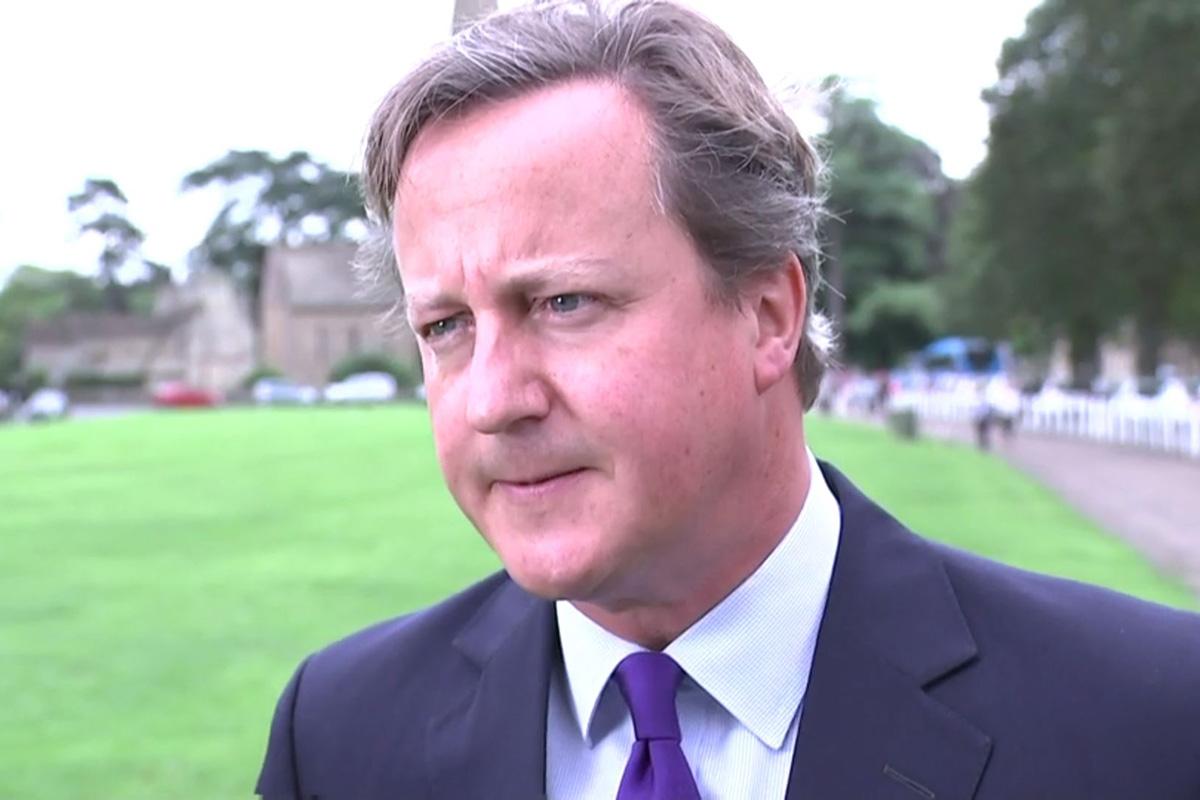On the week he resigns as an MP, let's not forget David Cameron's five biggest failures as Prime Minister
As the former Prime Minister steps down as an MP, our Chief Political Commentator looks back at his uneven record


Top-down NHS changes
As leader of the opposition, David Cameron promised no more “top-down reorganisations” of the NHS. But he allowed Andrew Lansley, his Health Secretary, who had long ago been his boss at the Research Department at Conservative Central Office, to start to replace primary care trusts with clinical commissioning groups.
Nick Clegg, Cameron’s coalition partner, writes in his memoir published this month that he thought it all sounded fine because Lansley’s Liberal Democrat deputy, Paul Burstow, advocated the changes with “great enthusiasm”.
The waste of time and resources made it harder to maintain service levels, with NHS spending rising at a slower rate than under Labour. That made it harder to bring in the next change, to junior doctors’ rotas, which Jeremy Hunt claimed was needed to fulfil the 2015 manifesto promise of a seven-day NHS.
The bedroom tax
The cut in housing benefit for public-sector tenants with a spare room was never going to save enough money to make up for the damage to the reputation of Cameron’s government. The savings were about half a billion pounds a year, a sum which could have been raised by withdrawing the winter fuel allowance from richer pensioners.

It didn’t matter how much Cameron tried to insist it was a cut in the “spare room subsidy”, the term “bedroom tax” stuck and there were enough hard cases to undermine his chancellor’s claim that we were “all in it together”.
Cutting top rate of income tax
That problem applied, with Bullingdon boosters, to George Osborne’s cut in the top rate of income tax from 50p in the pound on incomes over £150,000 a year to 45p in the pound, announced in the Budget Known As Omnishambles in 2012, and coming into effect the following year.
The difference between 45p and 50p was insignificant. The evidence on whether the cut raised or lost revenue was inconclusive, but the symbolism at a time of financial stringency was poisonous.
Less obvious was Cameron’s refusal to contemplate higher taxes on property because “our donors won’t like it”, although the rise in house prices generally, driven by the low interest rates following the financial crisis, was another mistake.
Tax credits cuts
Cameron and Osborne still hadn’t learned after the 2015 election, when they repeated the mistake of trying to balance the books in a way widely thought to be unfair. This time they proposed huge cuts to tax credits for the working poor, which were postponed by Tory peers and others in the House of Lords.
Those cuts are still in the Treasury’s plans, incidentally, and it will be interesting to see what Philip Hammond, the new Chancellor, says about them in his Autumn Statement on 23 November. They are partly concealed by a related mistake of Cameron’s, which was to allow Iain Duncan Smith to propose a grand comprehensive simplification of the benefits system known as Universal Credit. This unworkable utopian fiction has been under construction for six years now and has still hardly been started.
EU referendum
Finally, the big one, although I’m not sure that was actually a mistake. Cameron promised the referendum for reasons of party management, but if he hadn’t, he wouldn’t have won the 2015 election. It is hard to argue that a political leader should set out to lose an election in order to avoid giving the British people the right to a say on a question on which they wanted a say.
Cameron’s mistake, if we are being ungenerous, was to accept too little in his renegotiation. He should have said a four-year phase-in of in-work benefits was not good enough and that he would be forced to recommend a Leave vote. He would either have got a better deal or would have taken us out of the EU and stayed as Prime Minister. But that wasn’t what he believed.
In the end, a politician accused of not believing in very much was brought down on a question of principle.
But he did some good things too...
It wasn’t all bad, although all of Cameron’s supposedly positive achievements were controversial. His foreign policy beyond Europe was mixed. Intervening from the air in Libya was justified at the time by the need to protect the citizens of Benghazi from a massacre, but the consequences have been no better than in Iraq (full intervention) or Syria (no intervention).
He would say that he started to balance the government’s books, even if there is a strong case that the early fiscal tightening was counter-productively sharp.
There were many people in his party who didn’t like his achievement of Labour’s target of spending 0.7 per cent of national income on foreign aid. Nor did they approve of gay marriage, but that is likely to be praised by the consensus of history.
Join our commenting forum
Join thought-provoking conversations, follow other Independent readers and see their replies
Comments
Bookmark popover
Removed from bookmarks